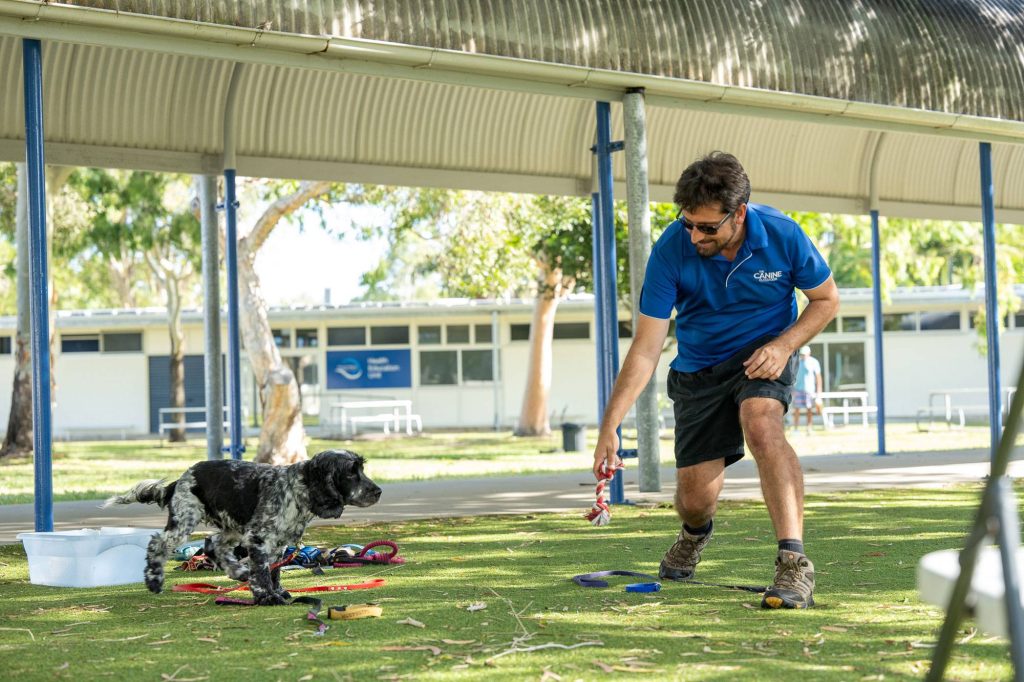Puppy Training Brisbane & Sunshine Coast
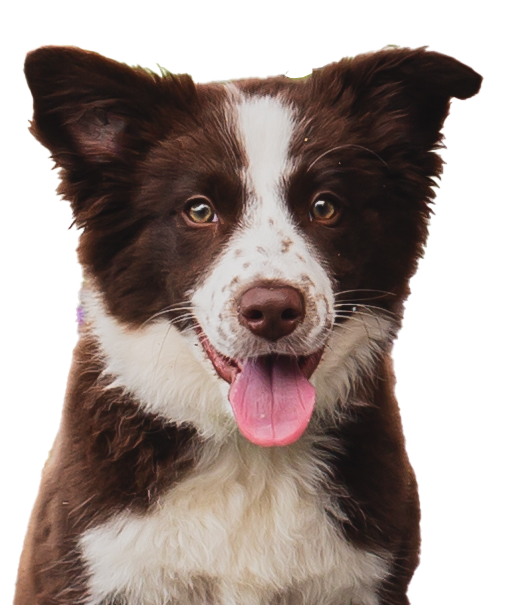
WE’RE ACCREDITED BY:
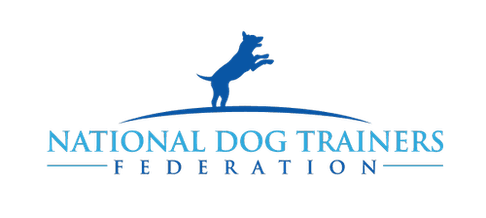

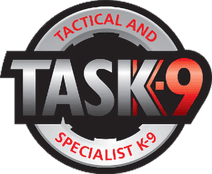

What is Puppy Training?
Puppy Pre-School
Our puppy pre-school course is a specialised program designed to help young puppies (typically under 6 months old) develop essential skills and behaviours. Early training provides a foundation for lifelong positive habits, helping your pup grow into a well-behaved, confident adult dog.
At this level your dog will be trained to obey the basic commands in obedience whilst on lead. This level is designed to develop word association to a command, not to develop reliability, as they are learning how to do the exercise. The classes also include the introduction to basic concepts of socialisation and confidence development training.
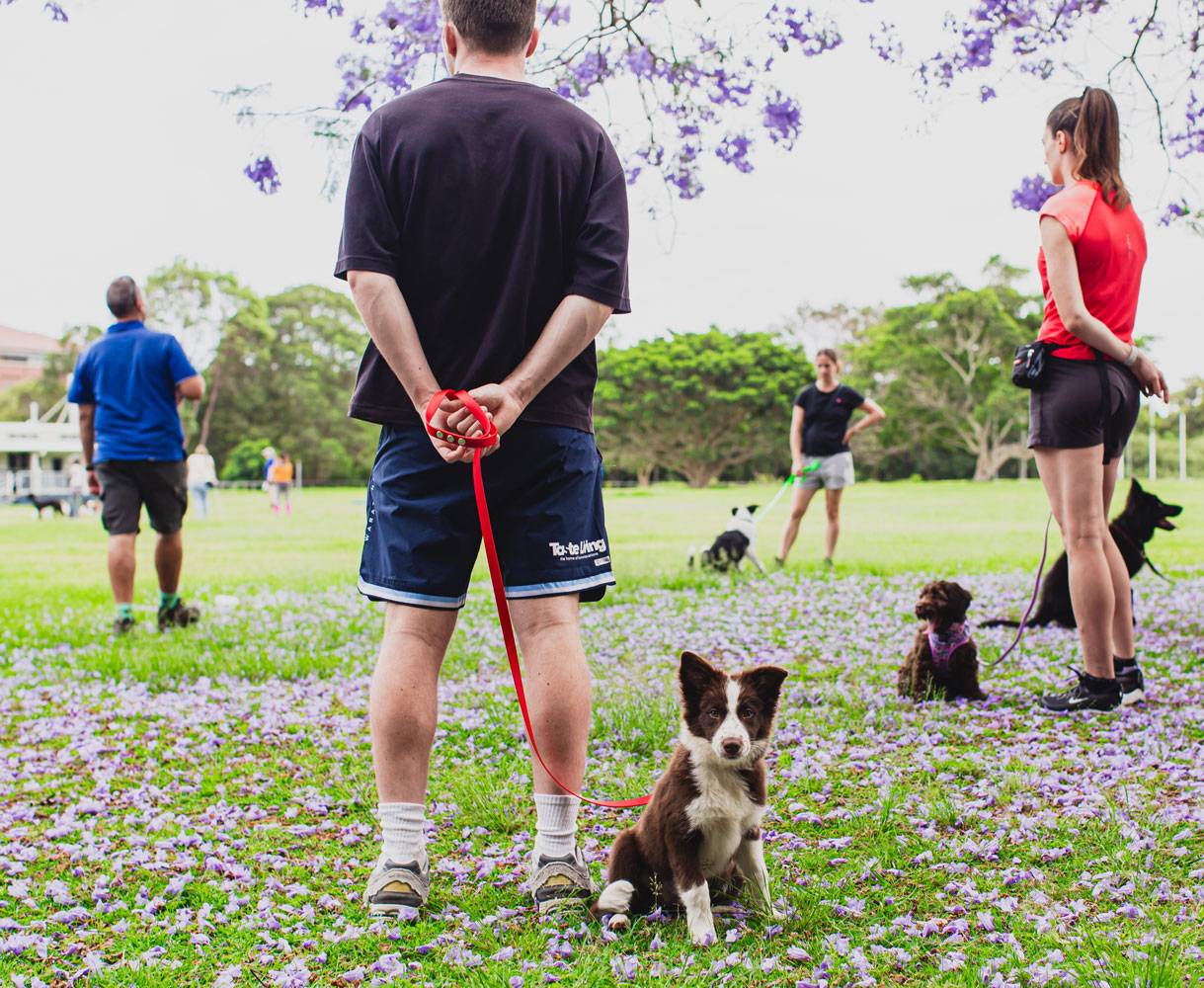
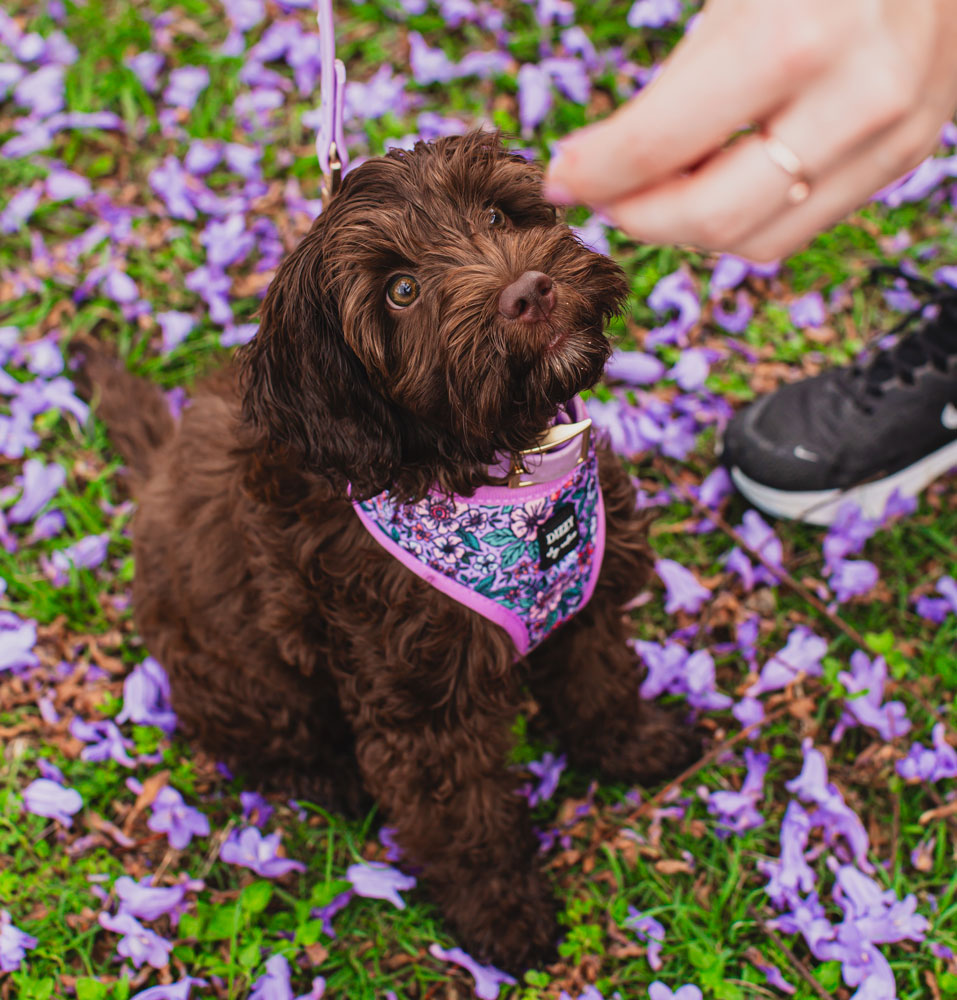
Puppy Obedience Skills
For puppies, training focuses on basic obedience commands like “sit,” “stay,” and “come,” along with essential behaviours such as leash walking, gentle play and socialisation. This is also the time to work on house training, crate training, and curbing behaviours like nipping or chewing.
- Relaxed confidence
- Working & release modes
- Marker cues (yes & no)
- Puppy obedience exercises
- Socialisation & confidence
Time with Other Dogs
Socialisation is a crucial part of puppy training. During this stage, your new puppy learns to interact with people, other dogs, and new environments in a positive, controlled way, which reduces the risk of fear or aggression later in life. Training methods for young puppies are kept gentle and fun, relying on all 4 methods of behavioural learning to encourage improvements and build trust.
Puppy training under 6 months aims to nurture a happy, well-adjusted puppy while setting a strong foundation for future training. Talk to a dog trainer from The Canine Classroom for your free first timers info session.
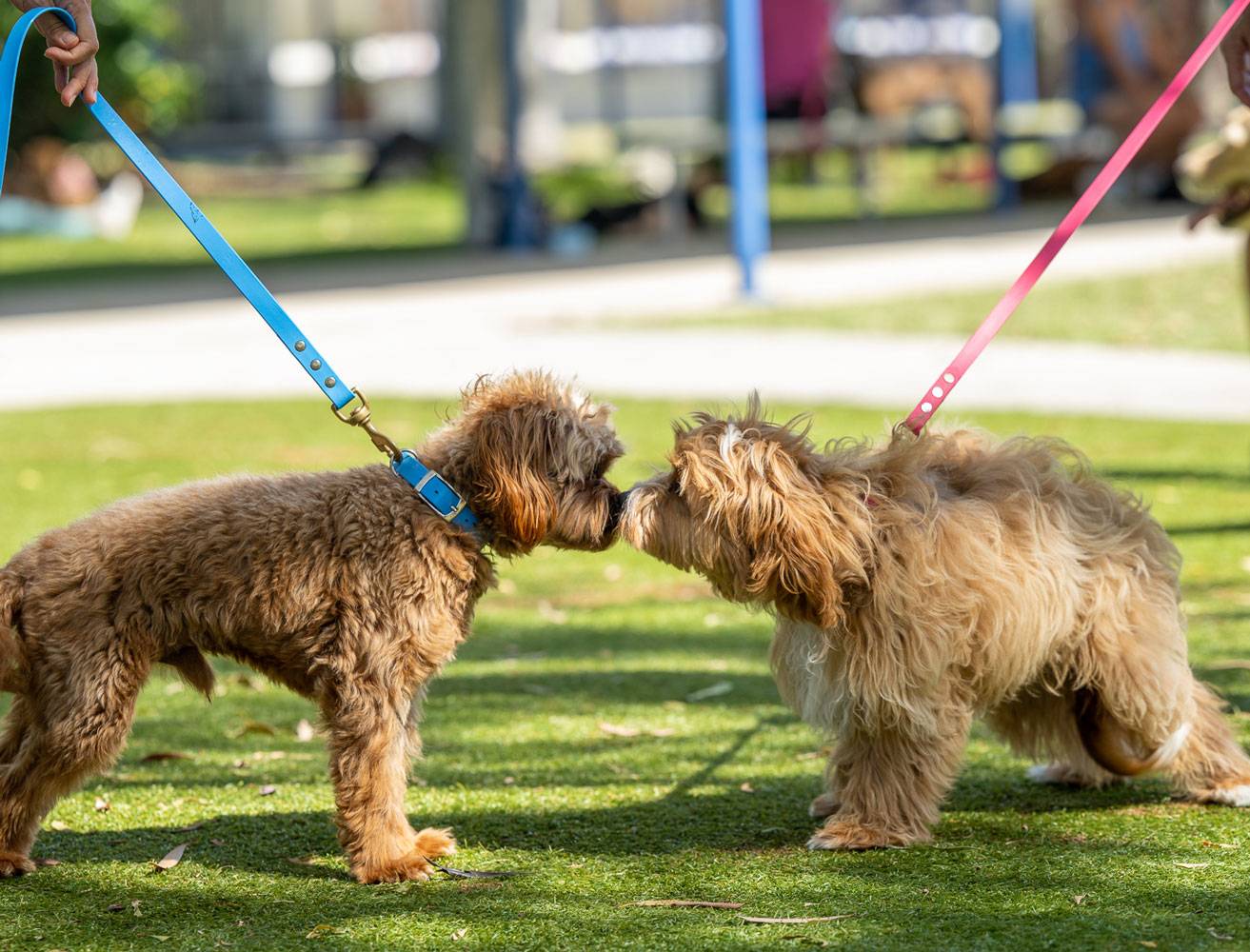
Our Puppy Classes
At The Canine Classroom, we offer two levels of Puppy Training based on their age and where they are in their social behaviours:
Puppy Training 1
Experiential Focus
Kindergarten for new puppies. It’s all about fun, socialising, distractions & new experiences.
Prerequisites
• 2-4 months of age
• Vaccinations completed
Puppy Training 2
Polite Manners Focus
Puppy Pre-school! Intro to low level obedience & responding. Loose lead walking and polite behaviour building.
Prerequisites
• 4-6 months of age
• Vaccinations completed
Common Negative Behaviours in Puppies Without Early Training
Without the guidance of early puppy training, puppies are at a higher risk of developing several negative behaviours that can become challenging as they grow. Here are some common issues:
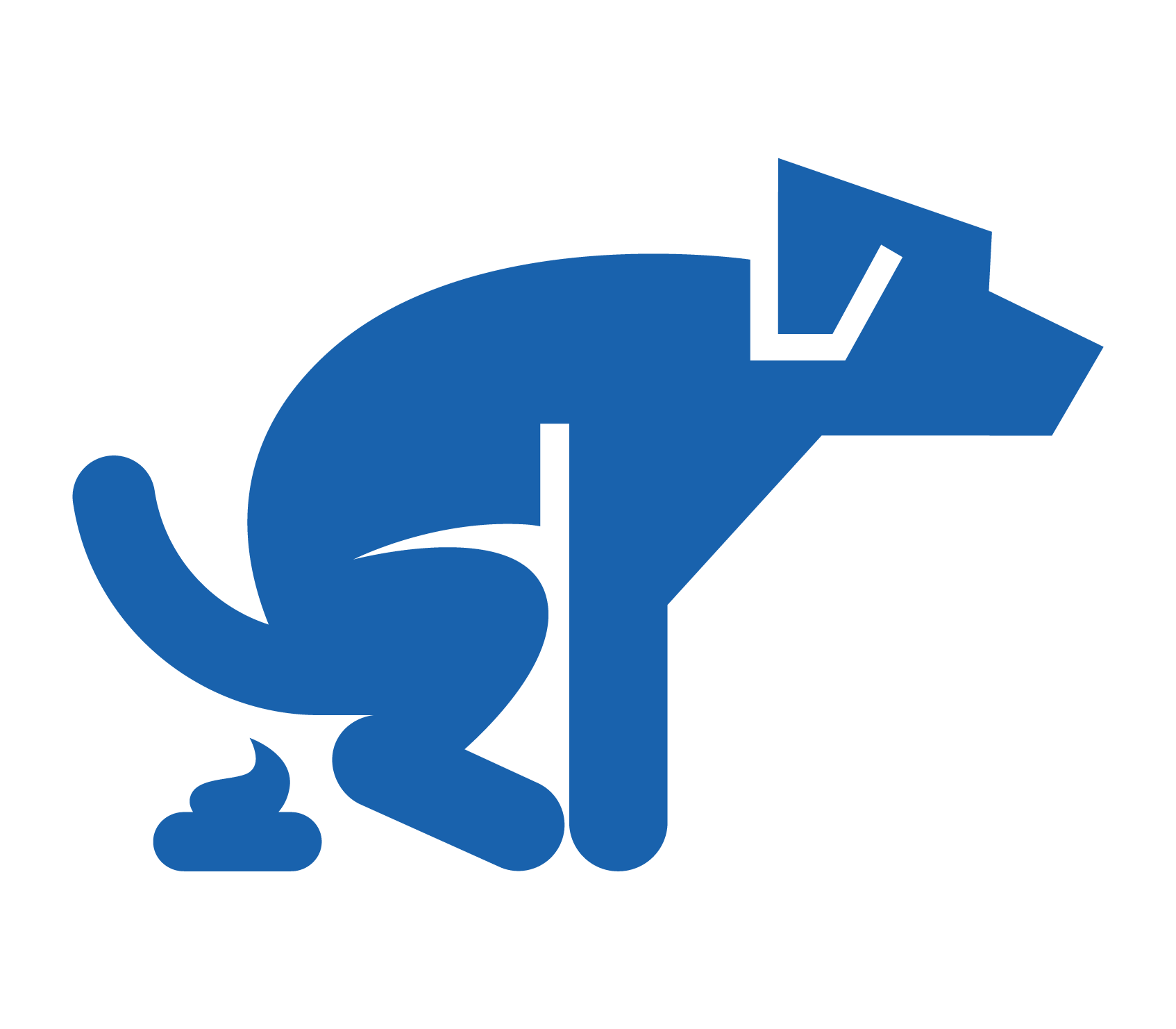
House Soiling
Without early house-training (i.e. toilet training), puppies may continue to eliminate indoors, leading to difficulties in teaching them proper bathroom habits later on.
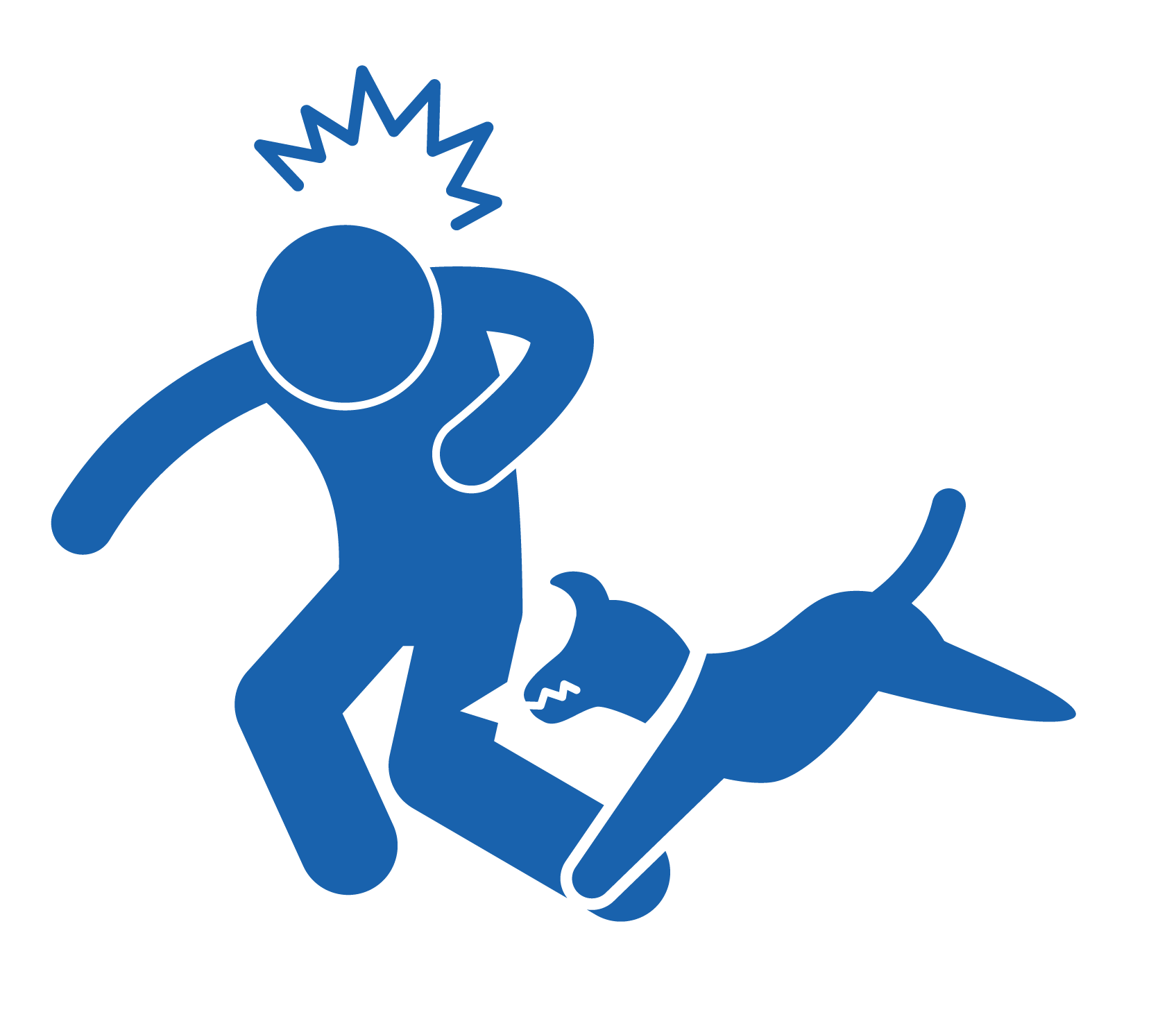
Biting & Nipping
Puppies use their mouths to explore, but without proper training, they may develop a habit of biting or nipping during play, which can be painful and problematic as they get older.

Lead Pulling
Without early leash training, puppies may grow accustomed to pulling on the lead, making walks difficult to manage.
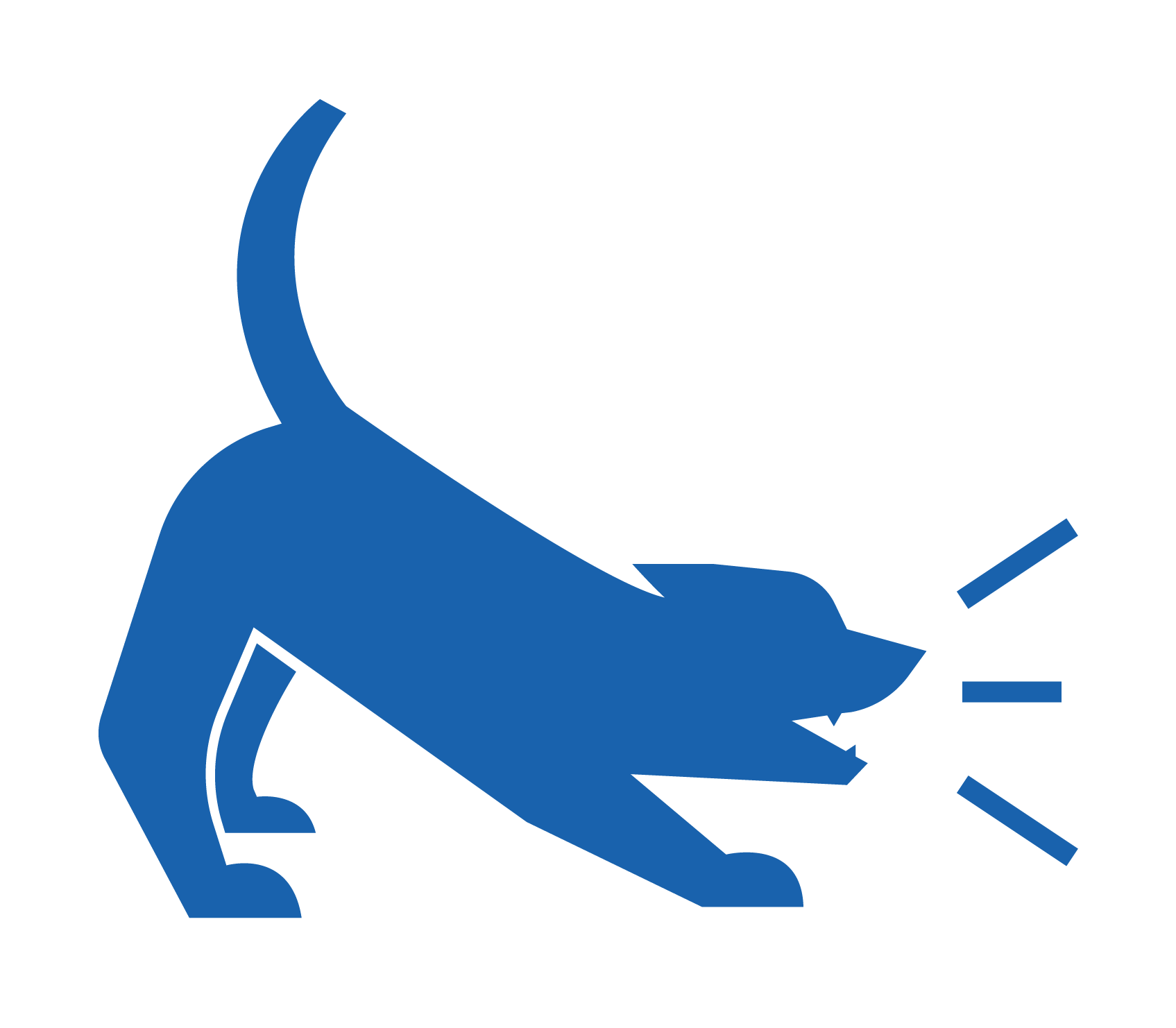
Excessive Barking
Puppies left untrained may develop a habit of barking excessively, often out of boredom, anxiety or frustration.
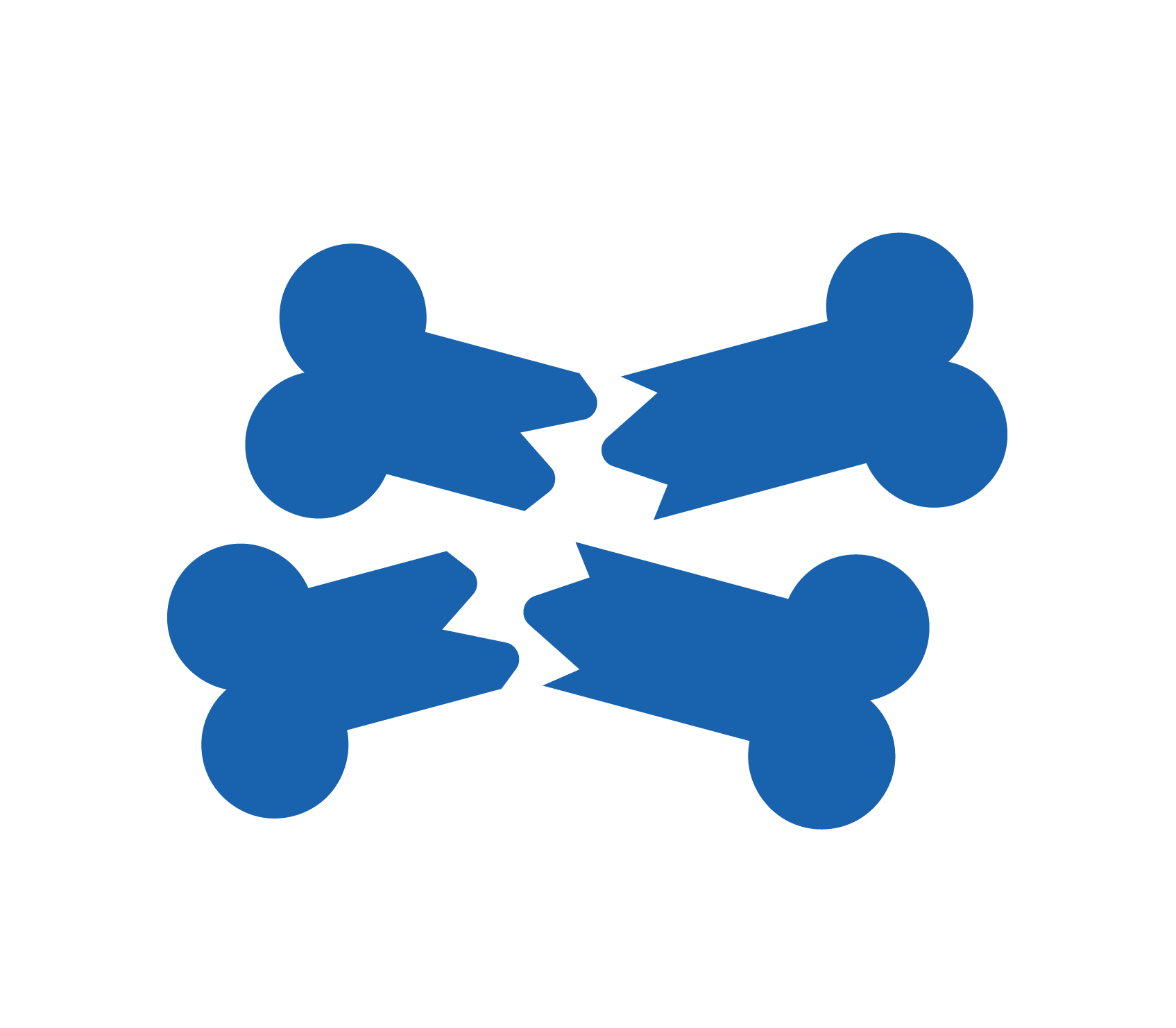
Chewing & Destructive Behaviours
Without guidance, puppies often chew on furniture, shoes, or household items to satisfy their curiosity or relieve boredom.
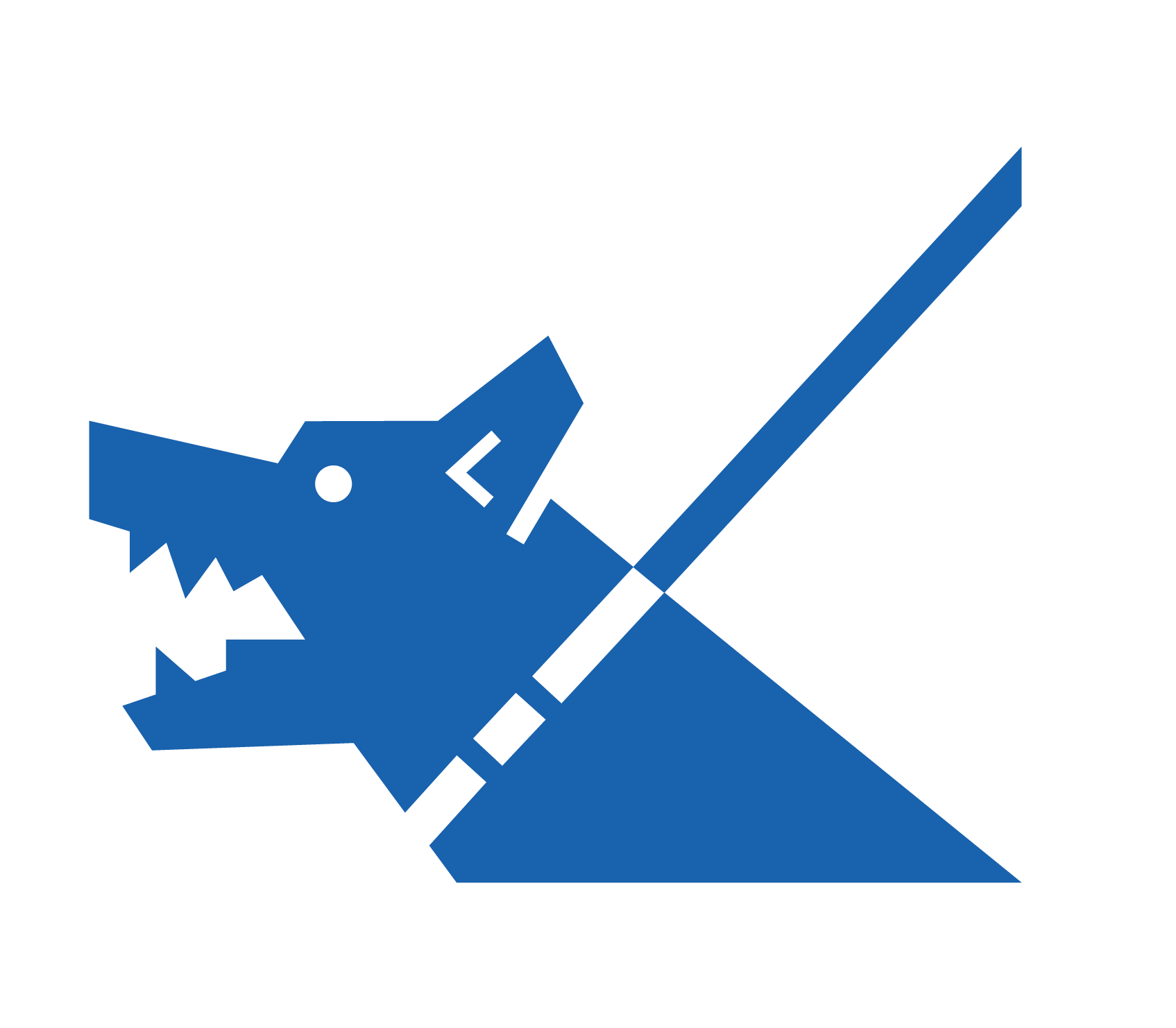
Aggression & Reactivity
A lack of early socialisation can contribute to a fear of other dogs or unfamiliar situations, which may manifest as reactivity or aggression.
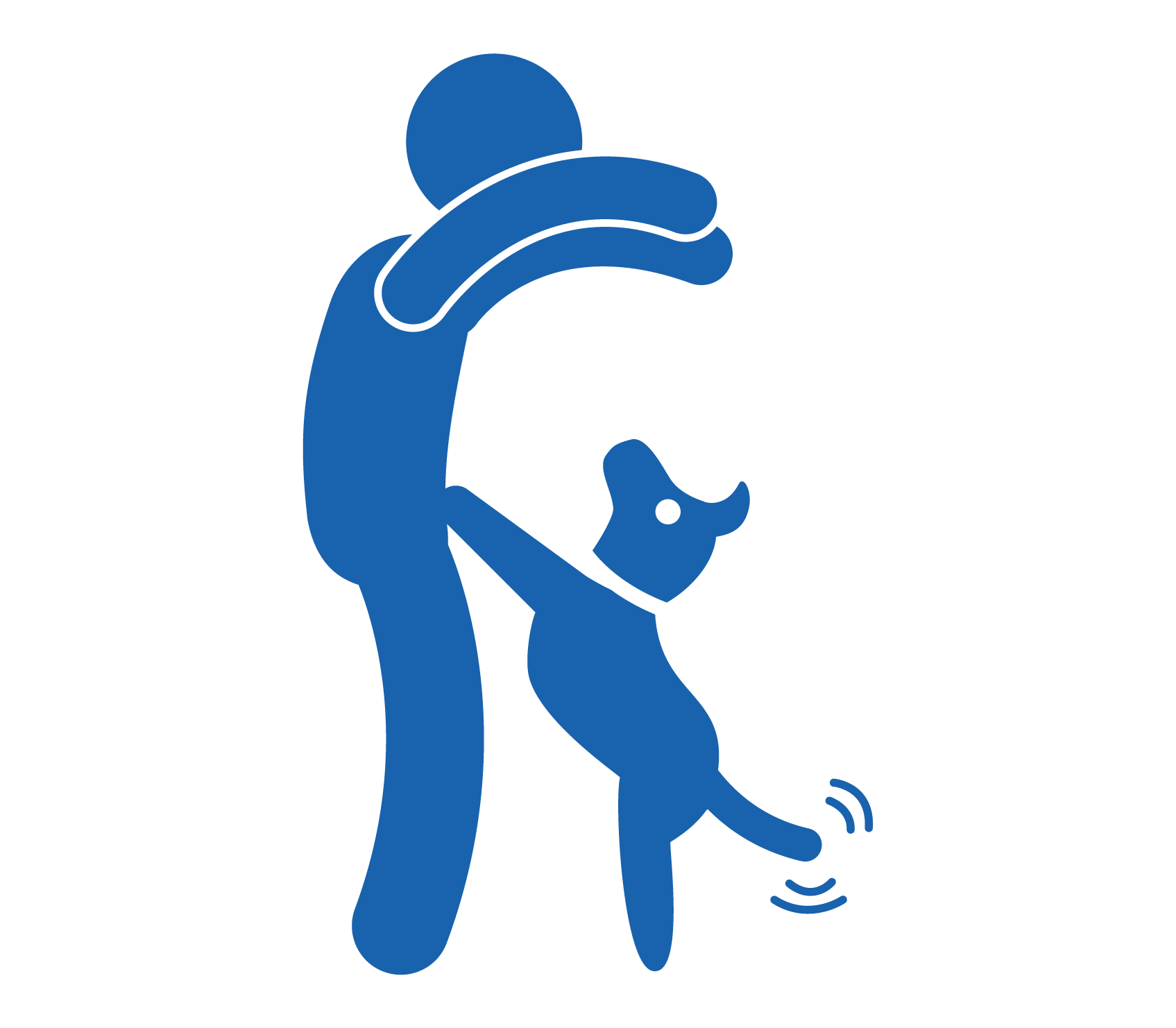
Jumping On People
Puppies who aren’t taught polite greetings may jump on people as a way to get attention, which can become problematic or even dangerous if they are a large breed.

Fear & Anxiety
Without early socialisation, puppies can develop fear-based behaviours, making them anxious around people, other dogs or new environments. This can lead to reactivity or aggression in the future.
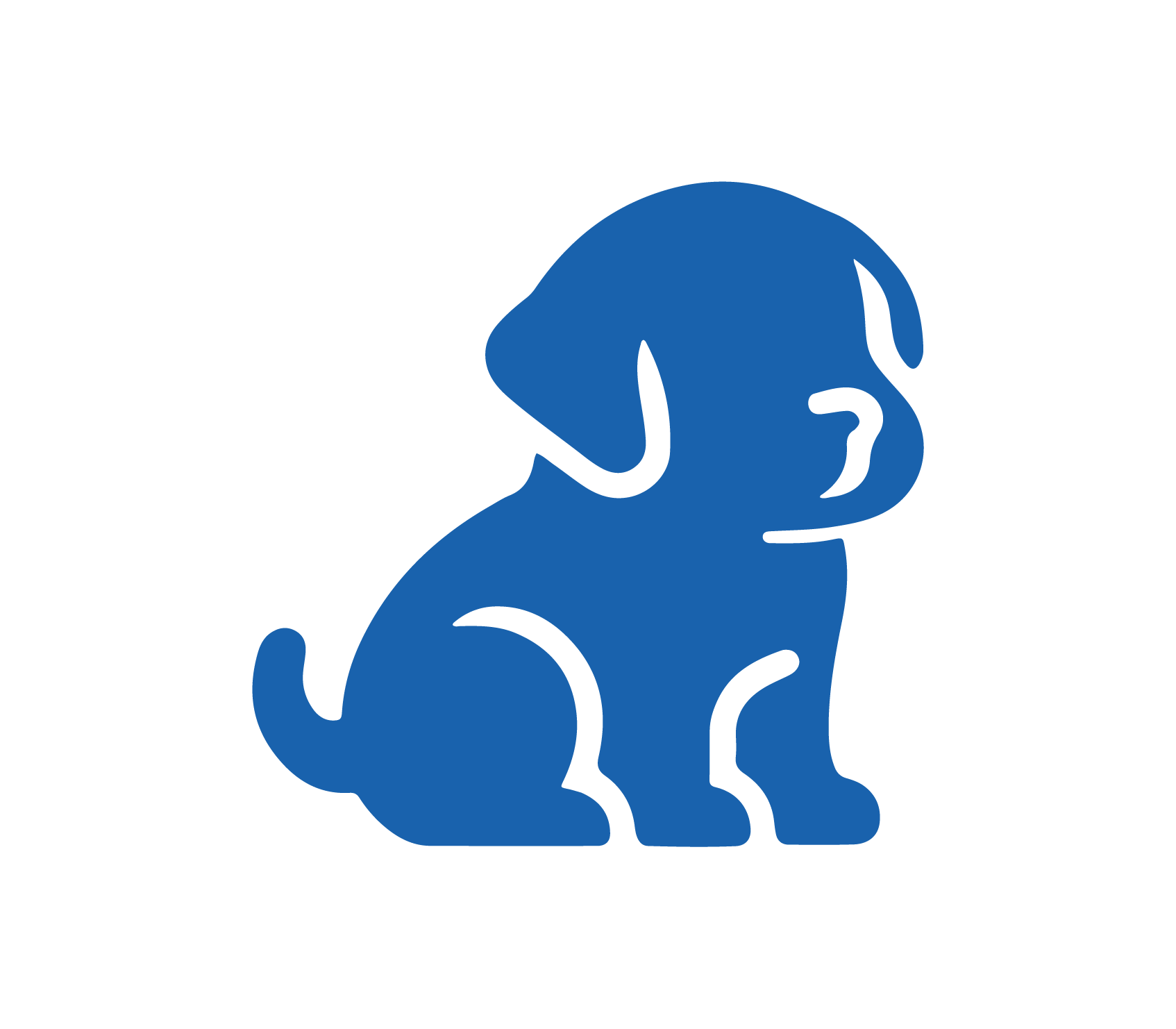
Separation Anxiety
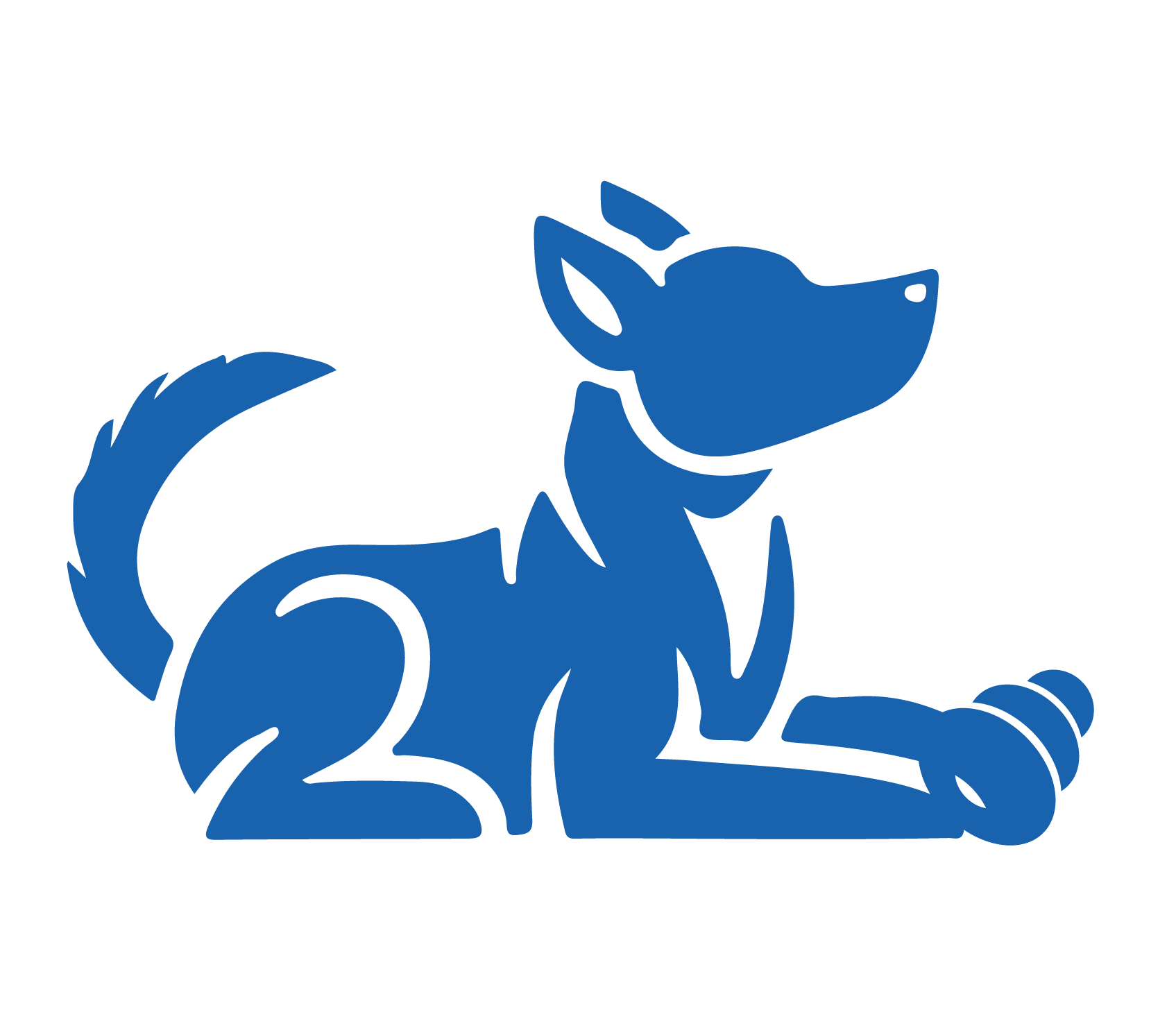
Resource Guarding
Early training helps puppies learn healthy boundaries and positive behaviours, making them more adaptable and confident. Proper training and socialisation sets the stage for a happy, well-behaved dog and harmonious home.
Get The Whole Family Involved
Getting the whole family involved in puppy training is a fun and rewarding experience that brings everyone closer together. Kids can help with simple commands and rewards, making training sessions a positive, playful time for both them and the puppy. By participating, children learn about responsibility, patience, and empathy while building a strong, trusting bond with their new furry friend.
Training as a family also ensures everyone is consistent with the puppy’s rules, creating a stable learning environment. Plus, shared moments of success—like the first “sit” or a perfectly executed “stay”—become memorable milestones, creating lasting memories and a sense of teamwork among family members.
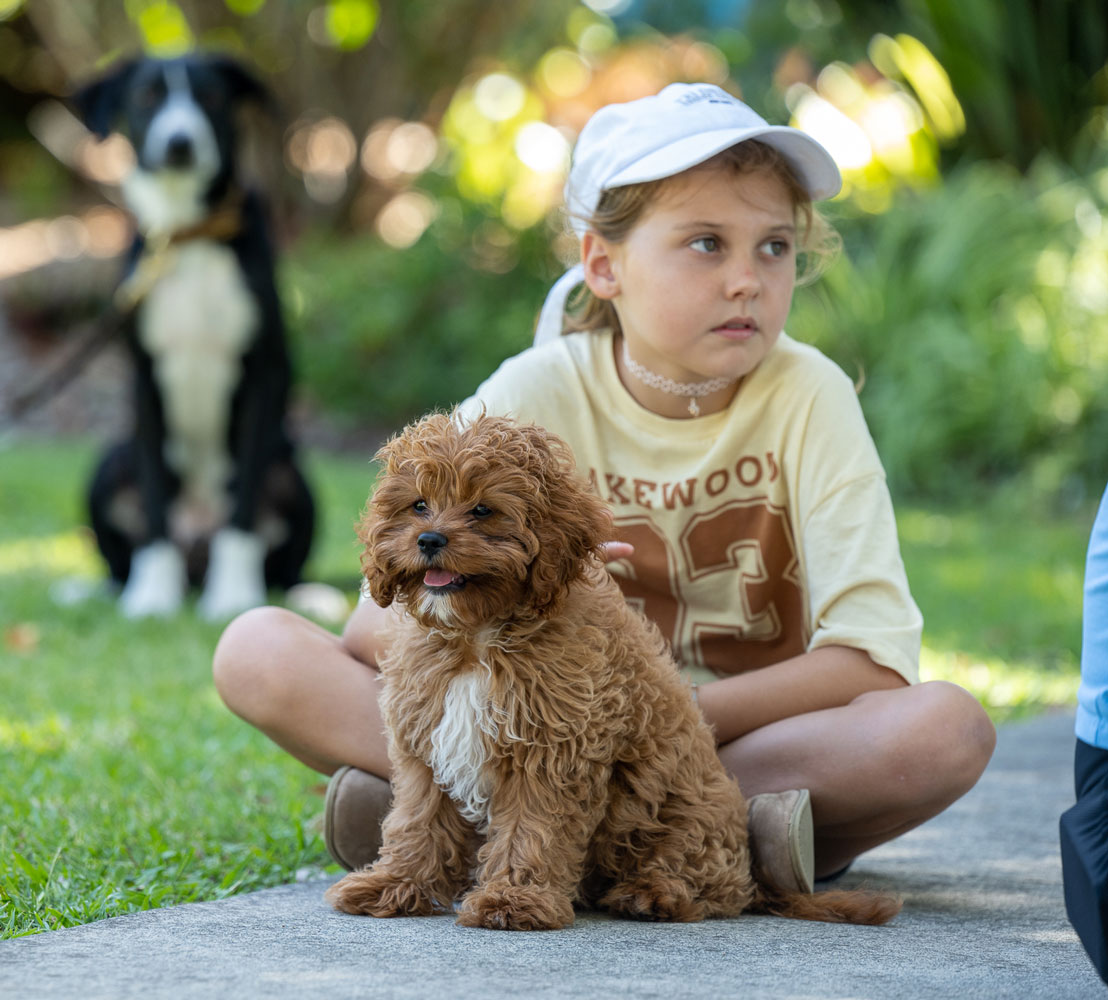
WITH OVER 40,000 DOGS TRAINED
Hear From Our Happy Dog Owners
Posted onTrustindex verifies that the original source of the review is Google. I cant recommend Nicole from The Canine Classroom enough. From the very first session , it was clear she truly understood dogs and how to bring the best out of them. Bruno was struggling with leash pulling and basic obedience, and after our walk and train package we saw a complete transformation. Thanks to Nicole's patient approach Bruno is now more focused and walking so much better on the lead. If you are looking for a trainer who truly cares and delivers results Nicole is the trainer for you.Posted onTrustindex verifies that the original source of the review is Google. I first discovered The Canine Classroom six years ago when I was training my first dog, and when I brought home my second, there was no question that I’d return. This time, unforeseen circumstances meant I had to return to work earlier than planned, so I started using their "Walk and Train" services. It’s been an absolute game changer. Not only do they take my puppy on walks, but they also support her training while I’m at work, which has been incredibly helpful. From the very beginning, their professionalism, knowledge, and genuine care for my pup have been truly outstanding. Lauren, Tegan, and Renee have all taken the time to answer my questions thoroughly and provided practical advice I can use at home. Thanks to their support, I feel much more confident and connected with my dog. I highly recommend The Canine Classroom to anyone looking for dedicated, compassionate, and skilled dog trainers!Posted onTrustindex verifies that the original source of the review is Google. Ollie - Giant Schnauzer Many thanks Ryan. The home lesson was really helpful. Some of the lesson helped me to remember earlier strategies we had learned during the classes and other ideas you shared have really helped for the specific issue we have at home e.g. now being near a fairly busy road and undoing unwanted behaviours that others have helped create. Moving to new residence having your help and support has been invaluable. By the way, Ollie passed his Service Dog 2 yearly assessment - he even stayed without barking (he did whine) without the lead, in the shopping aisle, whilst I disappeared out of view before returning. Everything else on the 15 point test was a piece of cake for him. We look forward to continuing training with Ollie on Sundays with you once term 2 begins.Posted onTrustindex verifies that the original source of the review is Google. This has been an amazing experience from the start. We initially were skeptical of dog training programs because some want you to keep coming back for their business regardless of the dogs progress. However after going to a free intro session which was extremely comprehensive of about 2 hrs we were absolutely onboard with The Canine Classroom. Ryan is the guy that trains dog trainers so he knows his stuff. The membership design is so convenient - like a gym membership you can just turn up to any training session in your membership! We have 2 husky puppies that are 3 months old and am feeling so confident with the help of the team at Canine Classroom.Posted onTrustindex verifies that the original source of the review is Google. We recently joined The Canine Classroom and opted for the Silver Membership, which included an in-home private lesson. Tegan visited our home and met with my wife, me, and our puppy, Xena. The experience was fantastic; Tegan provided us with extremely valuable insights tailored to what she observed and what we demonstrated during the session. Our ongoing training sessions every Sunday are something we eagerly look forward to. They've been invaluable in helping us continue Xena's training throughout the week. Highly recommend The Canine Classroom for anyone looking to train their dog effectively and enjoyably!Posted onTrustindex verifies that the original source of the review is Google. Love both the group and 1:1 classes. Couldn't recommend a better way to get your pup started with obedience, and keeping up good dog manners for life.
Our Puppy Pre-Schools QLD
Puppy Schools Sunshine Coast
Join us at one of our Puppy Training Classes Sunshine Coast convenient locations:
Puppy Schools Brisbane
Professional training for your young pup at these accessible locations:
Puppy Class FAQs
When To Commence Puppy Classes?
Puppies can typically start puppy preschool as early as 8-10 weeks of age, depending on their vaccination status. It’s important that puppies have received their first round of vaccinations, we may require a certificate from your veterinarian confirming your puppy is up-to-date.
This ensures that all puppies in the class are protected, making for a safe environment to learn and socialise. Early socialisation in puppy preschool is highly beneficial, as this is an ideal period for puppies to develop social skills, build confidence, and learn basic commands in a structured, supportive setting.
What Should I Bring With Me?
When attending puppy school classes, it’s essential to come prepared to ensure a positive and productive experience for both you and your puppy. Here’s a list of items you should bring:
- Leash and Collar: A sturdy, non-retractable leash (about 4-6 feet long) and a well-fitting collar or harness to keep your puppy secure.
- Treats: Small, soft, and yummy dog treats to reward your puppy during training. Make sure they are easy to chew and can be consumed quickly.
- Water and Bowl: A portable water bowl and fresh water to keep your puppy hydrated, especially during breaks.
- Puppy Vaccination Records: Vaccination certificate showing the first vaccination set is complete. This proves to the trainer that your puppy is healthy and safe to participate.
- Comfort Items: A favourite toy or blanket to help your puppy feel comfortable and secure in the new environment.
- Training Mat or Blanket: A mat or blanket can provide a designated space for your puppy to sit or lie down during class.
- Poop Bags: Always be prepared for bathroom breaks by bringing waste bags to clean up after your puppy.
- Positive Attitude: A willingness to learn and have fun! Keeping a positive mindset helps reinforce good behaviours in your puppy.
By bringing these items, you’ll be well-equipped to make the most of your puppy school experience and on your way to having a very well behaved puppy.
Do I Need to Continue Classes After the First 6 Months?
Dog obedience training takes longer than simply attending classes with your young puppy. Dog training classes should be continued until your dog reaches the desired obedience level. For example, some owners simply want to achieve loose leash walking, while others want full command response to confidently take their dog off leash on beach walks.
Our experienced trainers recommend continuing through as many of The Canine Classroom levels as possible. Not only will you be well on the way to understanding dog behaviour, but you will have a stronger relationship with your dog. Basic good manners taught in puppy pre-school are the first step to reducing unwanted behaviour. View our further levels and adult classes to see what’s possible after you complete our puppy training programs.

